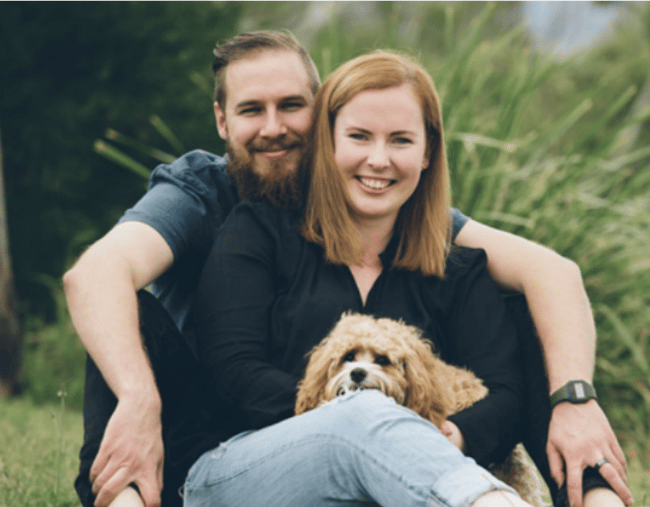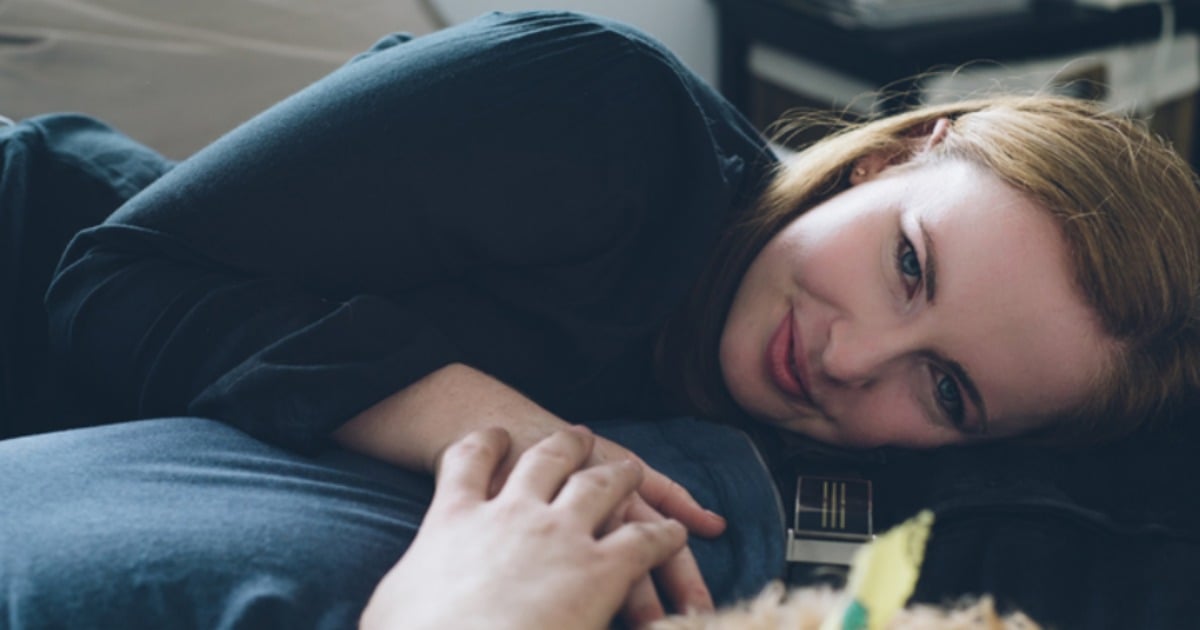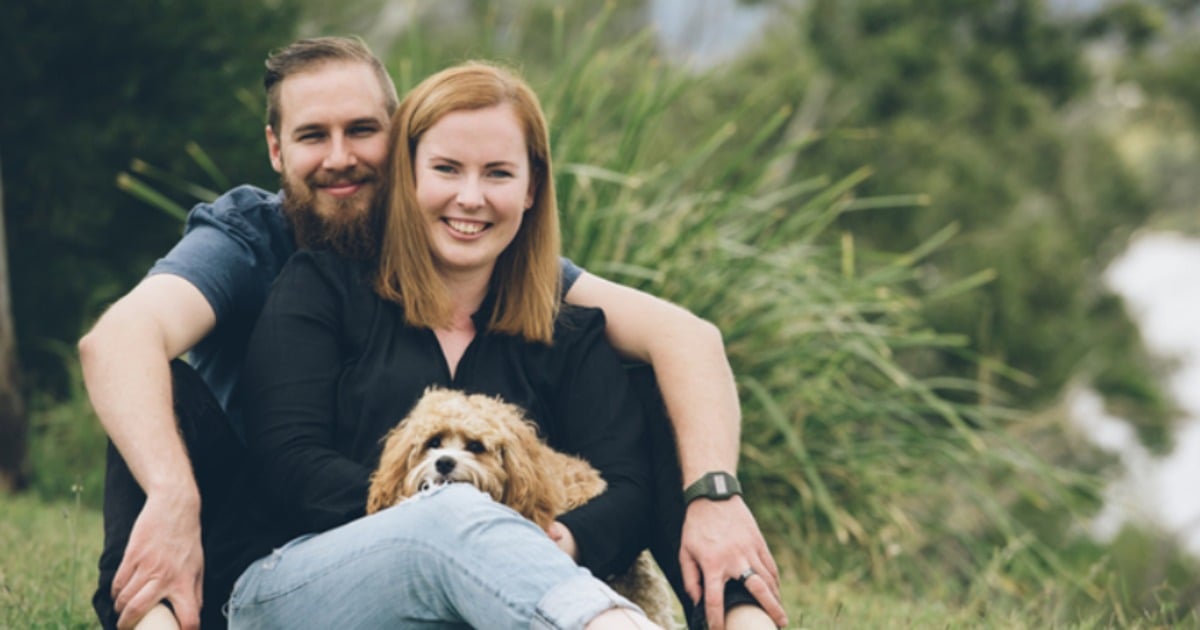
You’re not meant to lose your wife when she’s 25 years old.
When just three years ago, you met her during a casual night of pizza and board games with family and friends, and fell in love with her goofiness and slight propensity for bossiness.
When you remember your second date – the one where she arrived on your doorstep with a picnic basket full of cheese dips and crackers and chocolate strawberries, and you went to a look out and kissed and giggled about how cold and windy it was – as though it was yesterday.
When you both wanted a family, and you wanted to grow old together.
But just over one year ago, 27-year-old Srdjan ‘Serge’ Simic laid down next to his wife Emma in her hospital bed as her breathing stopped, and while he says absolutely nothing could have prepared him for that day, he felt a sense of relief. His wife, his best friend, and the love of his life wasn’t suffering anymore, and they had known it would end like this.
“Serge didn’t sign up for this.”
Emma Betts was 21 and volunteering in East Timor when a stranger spotted a mole on her shoulder. Returning to Brisbane, she had a biopsy, and was told to return to Australia every three months for a check up. And she did.
Then she discovered a lump under her arm.




Top Comments
This was beautifully written. Love to Serge & the family . It really is so, so difficult to see someone you love turn into this unrecognizable version who is suffering. You are caught between never wanting them to go because it is so final and wanting all that pain to stop. This made me tear up as I read the descriptions of Emma’s “end”, a story I know from my own loss. A beautiful girl and such a cruel disease.